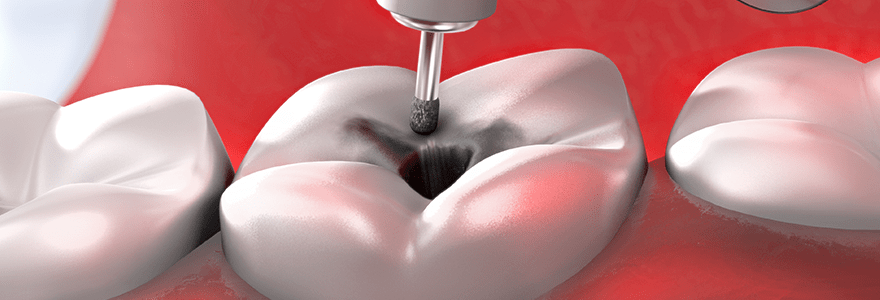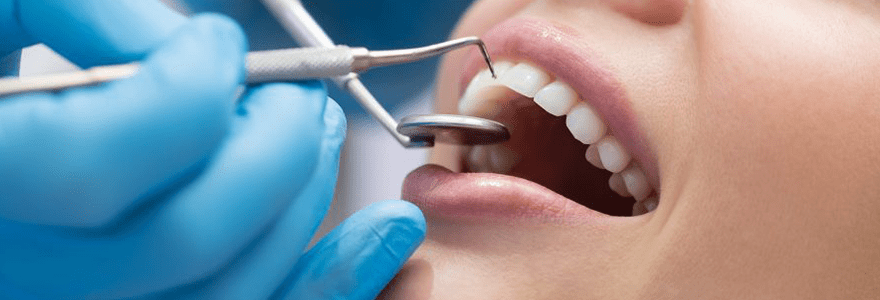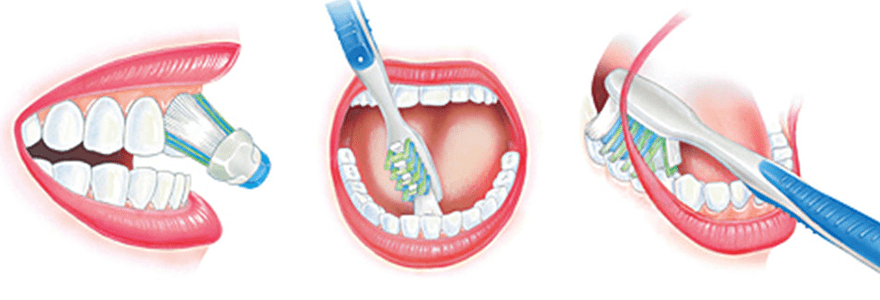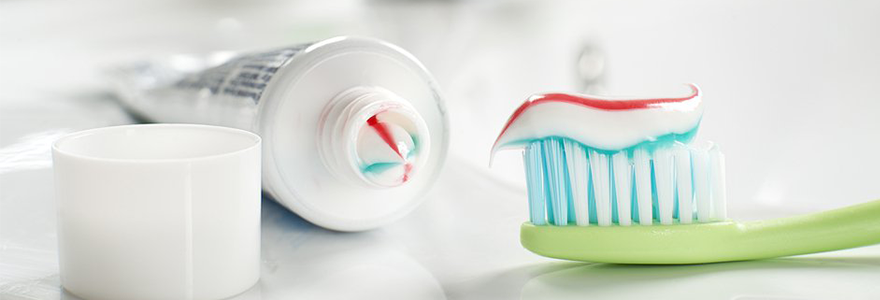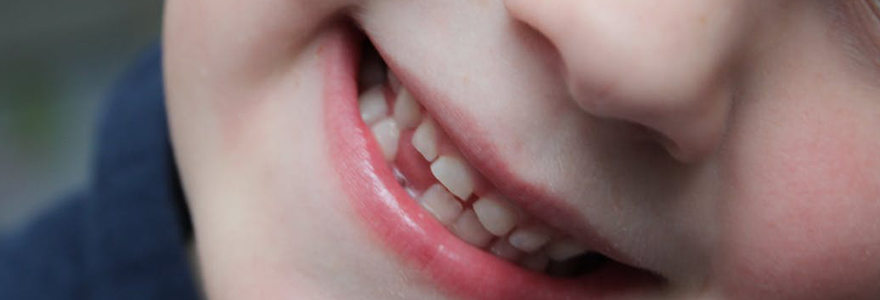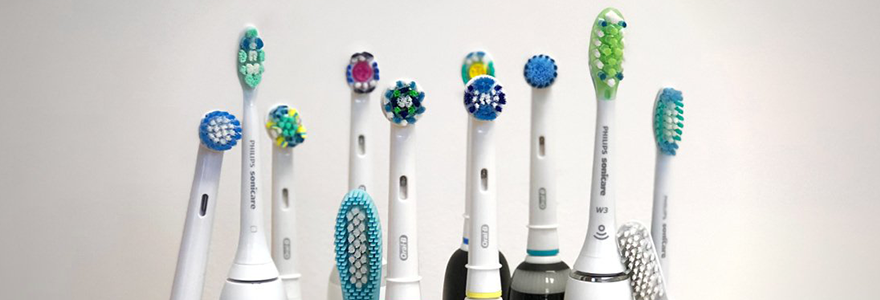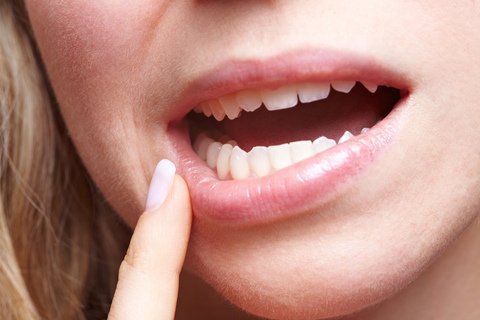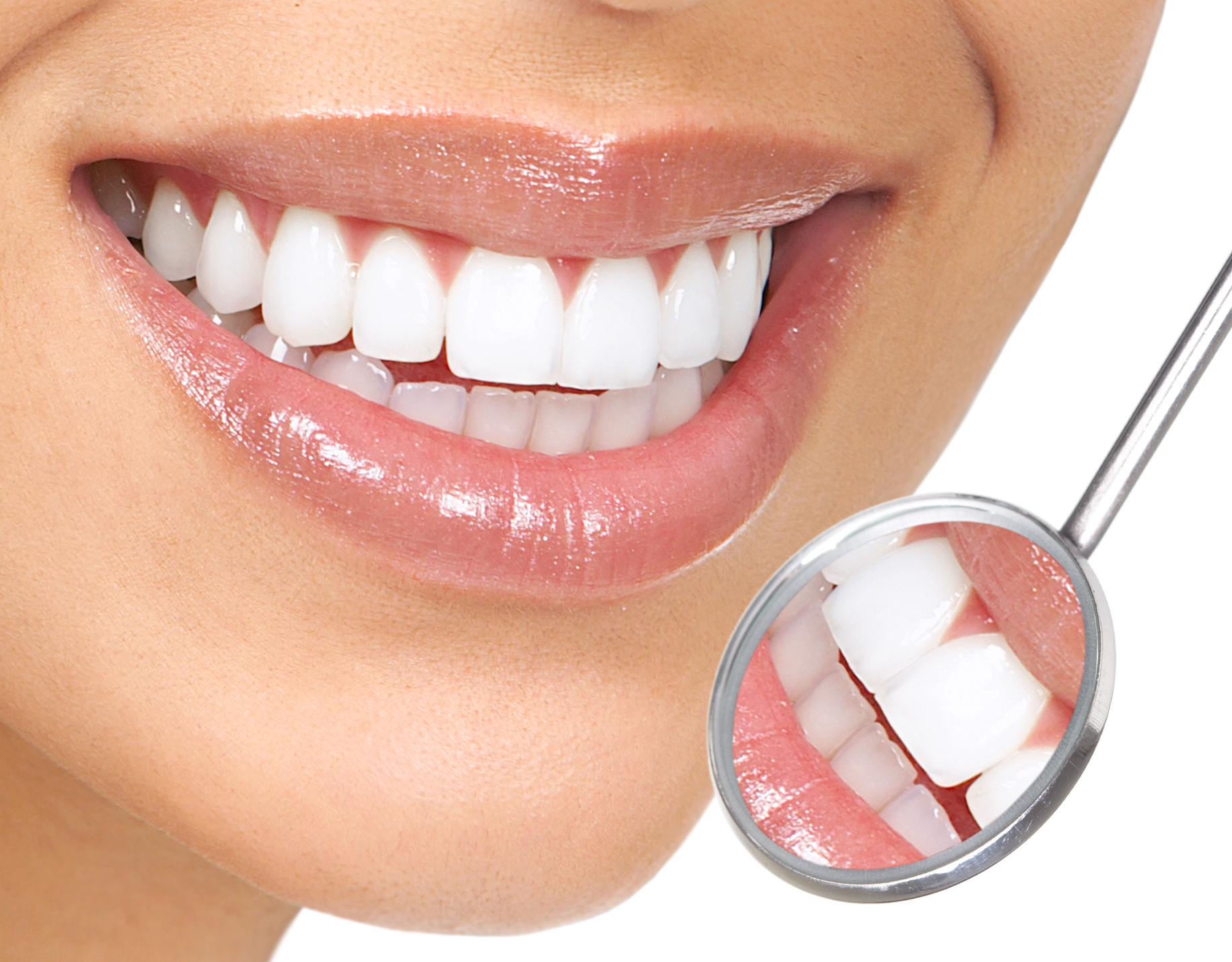- Post author:Dr. Gurpreet Gill
- Post published:October 10, 2019
- Post category:Dental Care/Dental Care in Calgary/Dental Fillings/Dental Services/Family Dental Care/Kids Dentistry/Patient Education
The Rising Tooth Decay Rates Amongst Young Canadians
The tooth decay rates among the young Canadian children have been on the rise. This worsening oral health situation sheds light on the lack of proper oral hygiene education and prevention components.
Tooth decay rates had been falling for the last couple of decades, until now. Decay in children is the most widespread disease of childhood. Tooth decay in five-year-olds rose close to 10% in 1999-2000, and 11.6% on 2005-06, according to the survey conducted by Toronto Public Health and published on canada.com. Whereas in five-year-olds with two or more decayed teeth, the percentage rose from 9.9% to 14.6% in the same six-year stretch.
How does tooth decay occur?
According to colgate.com destruction of the tooth enamel causes tooth decay. It occurs when foods with carbohydrates, like milk, raisins, cakes, etc. get left behind on the surface of the teeth. The bacteria that live in your mouth thrive on these foods, which then produces acids as a result. Over time, these acids destroy the tooth enamel, which results in tooth decay.
What causes this tooth decays amongst children?
Lack of education about dental hygiene, no proper oral maintenance routine, lousy diet, etc. are some of the reasons which contribute to tooth decay. Lack of fluoridation of Calgary waters can also be one of the reasons for the rise in tooth decay. Failure to visit the dentist once every six months is also one of the reasons for rising tooth decays. Children of families of the low-income group also faced issues, since they skipped on dental check-ups due to financial problems.
What to do in such cases?
There are various dental programs across different provinces of Canada offering dental care programs. There are also programs to educate the masses on dental hygiene through public health units and community health centers.
Visiting the dentist regularly can help maintain your child’s dental hygiene. Minimizing or avoiding sugar intake for children can help cut down on tooth decays. You can also provide fluoride treatment for your children and learn more about tooth decay prevention from your dentist.
If you would like to learn more about tooth decay in children and also the prevention methods, please feel free to visit our dental clinic in Calgary or Call +1 (403) 252 7733 to book a consult with Dr. Gill our dentists.

